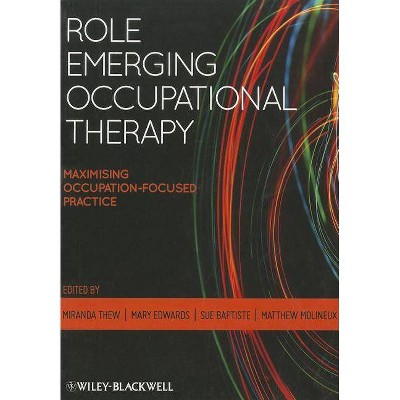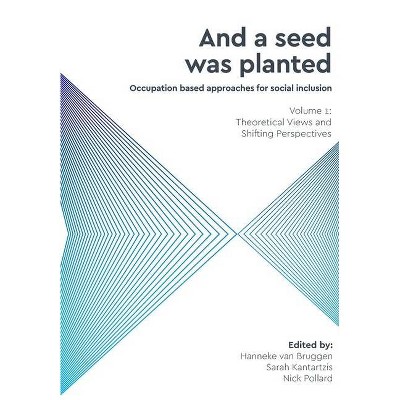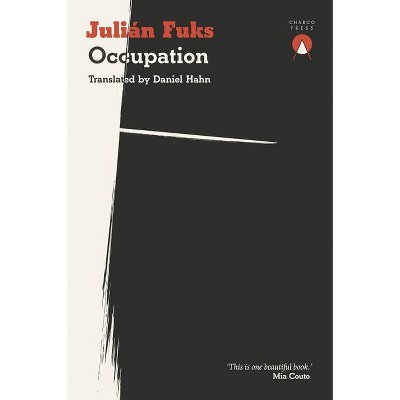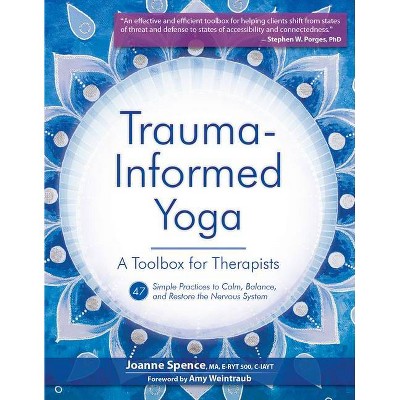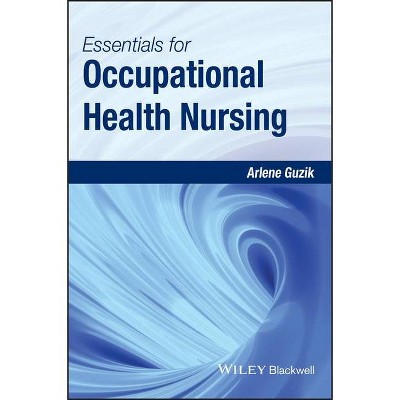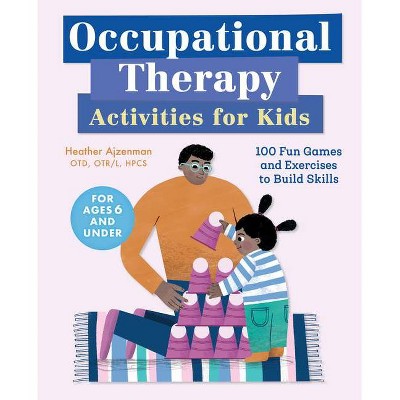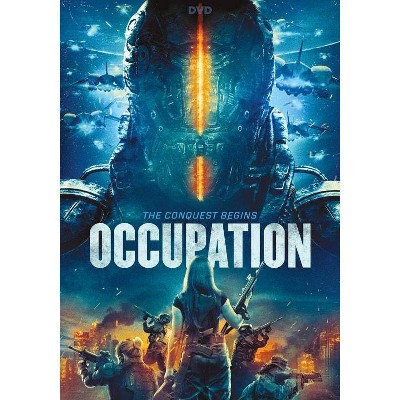Occupation for Occupational Therapists - by Matthew Molineux (Paperback)
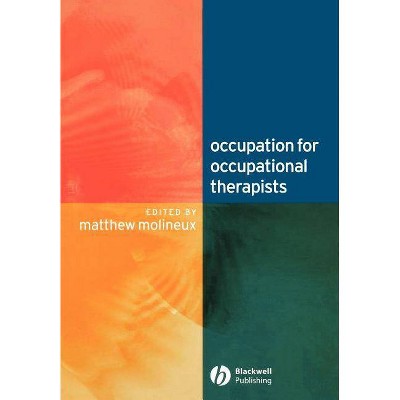
Similar Products
Products of same category from the store
AllProduct info
<p/><br></br><p><b> Book Synopsis </b></p></br></br>This book engages with the renewed focus on the centrality of occupation in occupational therapy. It is informed by a subtle but significant shift in thinking, towards a recognition that humans are occupational beings, not merely that occupation is an important part of human life. The emergence of this publication is therefore timely amidst the debate on occupational science.<br /> <br /> The book is aimed at students of occupational therapy and interested clinicians. It is designed to support them to work in a way that is grounded in and focussed on occupation. The chapters follow a common structure, which underpins a stimulating array of content. This extends from an examination of conceptual issues such as creativity and flow to clinical examples of practising in an occupational way. The final section provides a glimpse of new practice frontiers, including working with refugees and population health.<p/><br></br><p><b> From the Back Cover </b></p></br></br>This book engages with the renewed focus on the centrality of occupation in occupational therapy. It is informed by a subtle but significant shift in thinking, towards a recognition that humans are occupational beings, not merely that occupation is an important part of human life. The emergence of this publication is therefore timely amidst the debate on occupational science.<br /> <p><br /> </p> <p>The book is aimed at students of occupational therapy and interested clinicians. It is designed to support them to work in a way that is grounded in and focussed on occupation. The chapters follow a common structure, which underpins a stimulating array of content. This extends from an examination of conceptual issues such as creativity and flow to clinical examples of practising in an occupational way. The final section provides a glimpse of new practice frontiers, including working with refugees and population health.</p><p/><br></br><p><b> Review Quotes </b></p></br></br><br><i>Occupation for Occupational Therapists</i> will act as a power surge for any occupational therapist who wishes to recharge his or her batteries of occupational thinking. Equally, it will hold inspiration for students of this professional group. <p><b>British Journal of Occupational Therapy, November 2006</b><br /> </p> <p><i>'Readers of the book with [an] inquisitive mind will enjoy and benefit a great deal from this book.</i>'<br /> </p> <p><b>Indian Journal of Occupational Therapy</b><br /> </p> <p>'<i>Occupation for Occupational Therapists is a worthwhile and useful contribution to the growing literature in this area'</i><br /> </p> <p><b>Canadian Journal of Occupational Therapy, October 2007</b></p><br><p/><br></br><p><b> About the Author </b></p></br></br>Matthew Molineux is the Head of Occupational Science and Occupational Therapy at Leeds Metropolitan University in the United Kingdom. He is also the founder and director of occupationUK, the British Institute for Occupation and Health. His undergraduate and postgraduate studies were conducted in Australia and the UK, and he has attracted a range of influential international contributors to produce this book. Together, they encompass a broad spectrum of experience in different settings.
Price History
Price Archive shows prices from various stores, lets you see history and find the cheapest. There is no actual sale on the website. For all support, inquiry and suggestion messagescommunication@pricearchive.us

